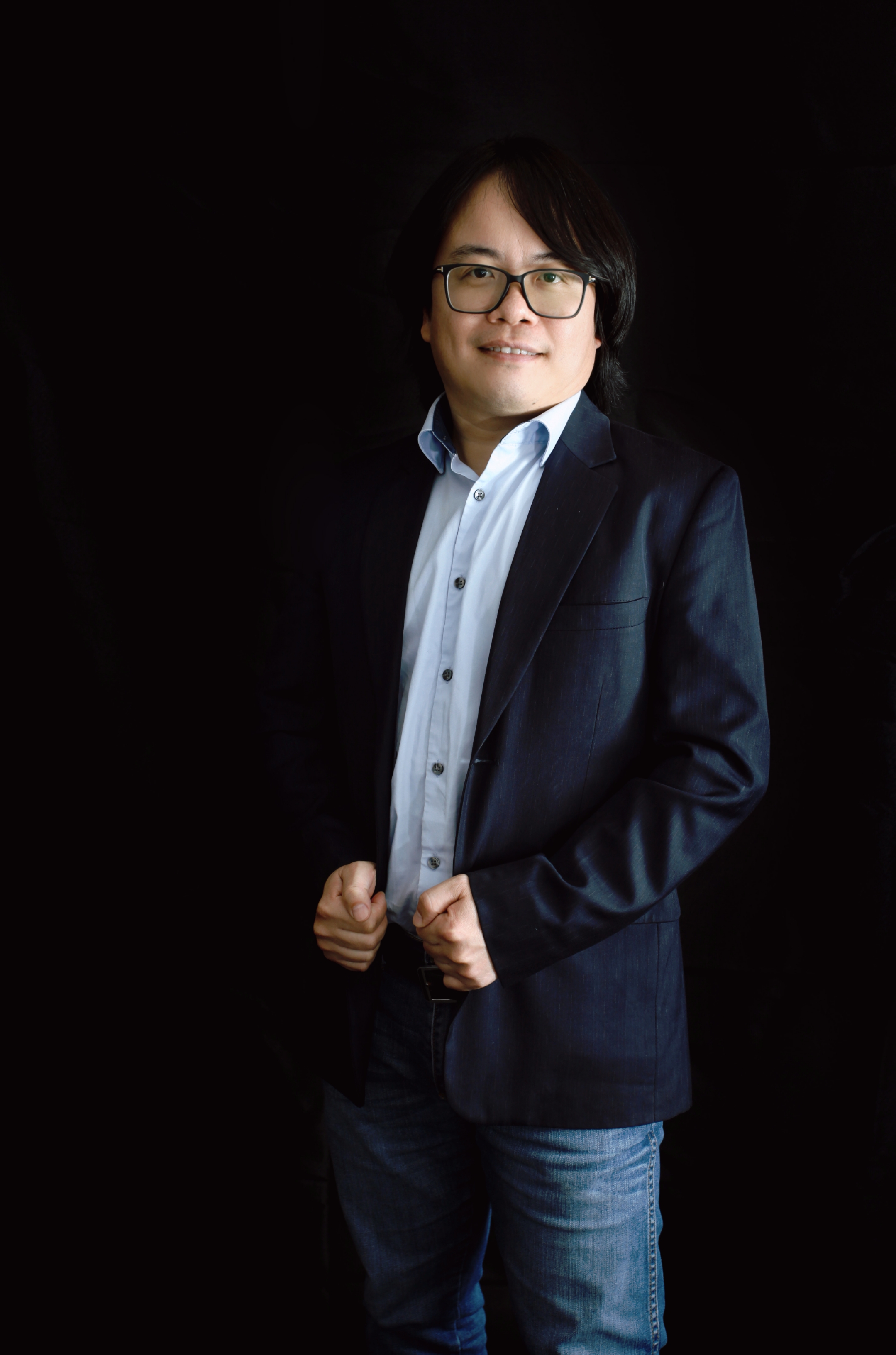Keynote Speakers
Title: Edge Intelligence: A Powerful Force Driving Sustainability
Professor Albert Y. Zomaya, School of Computer Science, University of Sydney, Australia.
Abstract
Edge intelligence, the integration of artificial intelligence algorithms and data processing at the edge of the network, emerges as a pivotal force propelling sustainability initiatives forward. In the realm of sustainability, edge intelligence plays a transformative role by enabling real-time analysis and decision-making, for example, in resource management, waste reduction, and energy efficiency. By harnessing the capabilities of edge computing, data from diverse sensors deployed in smart grids and environmental monitoring devices can be swiftly processed and analysed locally, minimizing latency and maximizing responsiveness. This localized processing not only reduces the burden on centralized data centres but also fosters rapid insights that drive actionable steps toward a more sustainable future.
Moreover, the convergence of edge intelligence with the advancements in 5G, 6G, and Internet of Things (IoT) networking technologies amplifies its impact on sustainability efforts. These networking technologies facilitate seamless connectivity and communication between edge devices, enabling them to exchange real-time data efficiently. With the proliferation of IoT devices and the high-speed, low-latency connectivity provided by 5G and anticipated improvements in 6G, the scope and scale of edge intelligence applications in sustainability have expanded exponentially. From optimizing energy usage in smart buildings to enhancing agricultural practices through precision farming, the synergy between edge intelligence and advanced networking lays the groundwork for a more interconnected, efficient, and sustainable world. In this talk, I aim to provide a few answers by combining real-time computing strengths into modern data- and intelligence-rich computing ecosystems. I will also explore the topic of Edge AI, which is a process in which Edge systems use machine learning algorithms to process data generated by the end-user’s devices.
Bio

Albert Zomaya is Peter Nicol Russell Chair Professor of Computer Science and Director of the Centre for Distributed and High-Performance Computing at the University of Sydney. He has published > 800 scientific papers and articles and is (co-)author/editor of >30 books. A sought-after speaker, he has delivered >300 keynote addresses, invited seminars, and media briefings. He is the past Editor in Chief of the IEEE Transactions on Computers, the IEEE Transactions on Sustainable Computing, and the ACM Computing Surveys.
Professor Zomaya is a decorated scholar with numerous accolades, including Fellowships of the IEEE, the American Association for the Advancement of Science, and the Institution of Engineering and Technology. Also, he is a Fellow of the Australian Academy of Science, Royal Society of New South Wales, a Foreign Member of Academia Europaea, and a Member of the European Academy of Sciences and Arts. Some of Professor Zomaya's recent awards include the Research Innovation Award, the IEEE Technical Committee on Cloud Computing (2021), the Technical Achievement and Recognition Award, the IEEE Communications Society’s IoT, Ad Hoc, and Sensor Networks Technical Committee (2022). Professor Zomaya is a Clarivate 2022 & 2023 Highly Cited Researcher, and his research interests lie in parallel and distributed computing, networking, and complex systems.
Title: The Metaverse Revolution: Exploring the Future of Immersive Experiences
Professor Pan Hui, Hong Kong University of Science and Technology, Hong Kong
Abstract
In the near future, the boundaries between the virtual and physical worlds will blur, creating a new reality known as Surreality. Through advanced holographic technology and high-quality head-mounted displays, we will seamlessly live and interact with virtual objects integrated into our surroundings. This keynote introduces the concept of "Metaformation" (or "Meta-shaping"), the process of transforming physical spaces into hybrid physical-digital Metaverses. These Metaverses enable the coexistence of humans and digital natives, fostering highly engaging and immersive experiences. Drawing on emerging technologies such as Extended Reality, 5G/6G, and Artificial Intelligence, this talk presents a comprehensive framework that explores the latest developments in the metaverse. It examines the potential for a digital "big bang" and showcases our recent research and practice in transforming university campuses and classrooms into Metaverse learning experiences.
Bio

Professor Pan Hui is a Chair Professor of Computational Media and Arts and Director of the Center for Metaverse and Computational Creativity at Hong Kong University of Science and Technology (Guangzhou), and a Chair Professor of Emerging Interdisciplinary Areas and Director of the HKUST-DT Systems and Media Laboratory at Hong Kong University of Science and Technology. He is also the Nokia Chair in Data Science at the University of Helsinki, Finland. He was a senior research scientist and then a Distinguished Scientist for Telekom Innovation Laboratories (T-labs) Germany. His industrial profile also includes his research at Intel Research Cambridge and Thomson Research Paris. His research has been generously sponsored by major industry players such as Nokia, Deutsche Telekom, Microsoft Research, and China Mobile. He has published more than 500 research papers and with over 29,000 citations. He has 32 European and US patents. Prof. Hui is an internationally recognized scholar, having been elected as an International Fellow of the Royal Academy of Engineering and a Member of the Academia Europaea. He is also a Fellow of the Institute of Electrical and Electronics Engineers and a Distinguished Scientist of the Association for Computing Machinery. In addition to his academic accomplishments, Prof. Hui is a founding member of the INTEPOL Expert Group on Metaverse and a member of the World Economic Forum’s Global Future Council on the Future of Metaverse. Prof. Hui obtained his Computer Science PhD degree from the University of Cambridge.
Organized by |
|

|

|


IMPORTANT DATES
Regular & Work inProgress Papers
Paper due:
December 1, 2023
December 17, 2023
Acceptance notification:
February 19, 2024
Camera-ready version:
April 14, 2024
Demos and Posters
Submission due:
March 8, 2024
March 18, 2024
Acceptance notification:
April 5, 2024
Camera-ready version:
April 14, 2024
Workshop Papers
Submission due:
March 1, 2024
March 8, 2024
Acceptance notification:
March 31, 2014
Camera-ready version:
April 14, 2024
Workshops (Proposal)
Proposals due:
October 20, 2023
Acceptance notification:
November 3, 2023
Ph.D. Forum
Abstract due:
March 14, 2024
March 30, 2024
Acceptance notification:
April 6, 2024
Camera-ready version:
April 14, 2024
N2Women Fellowship
